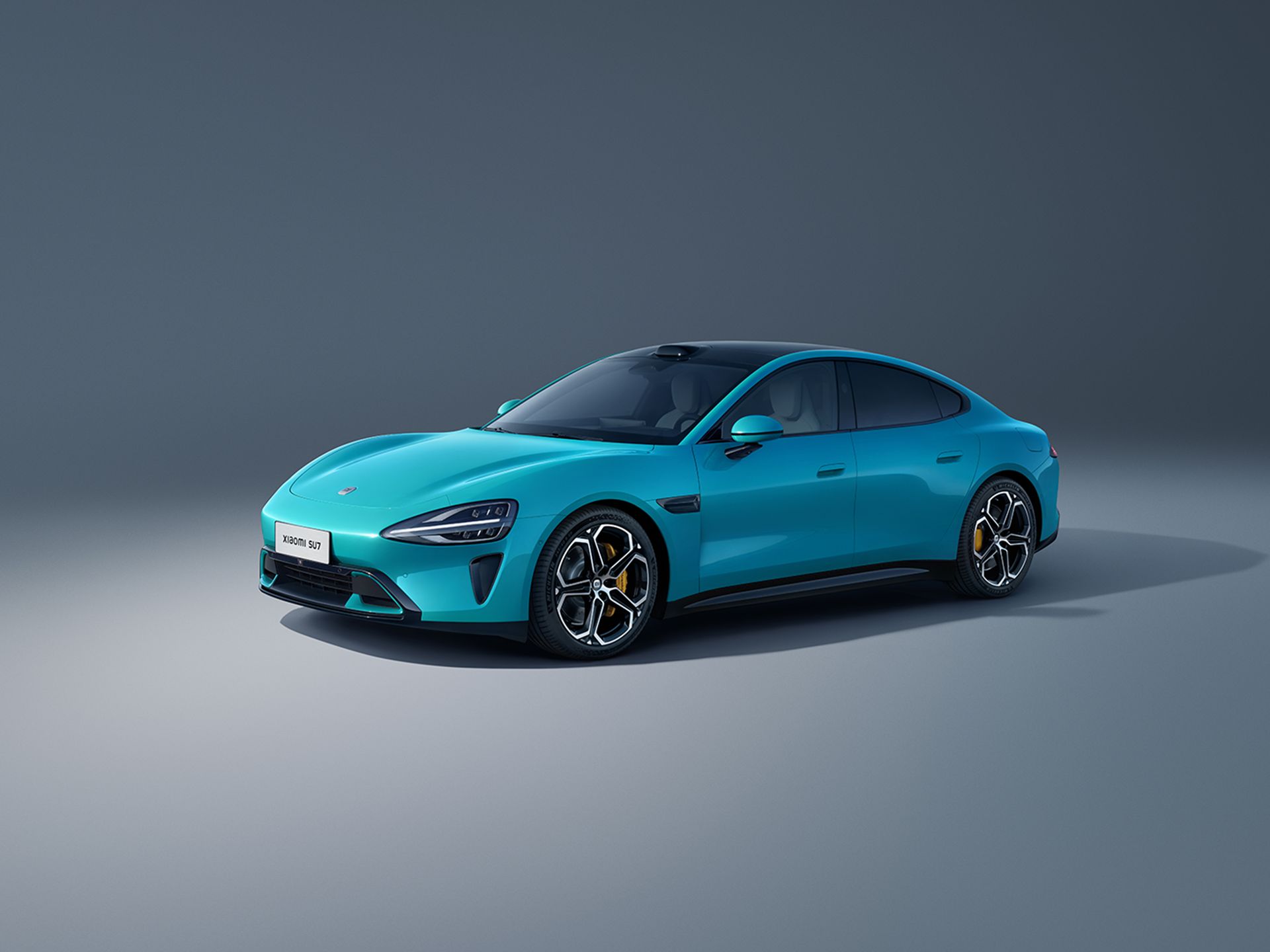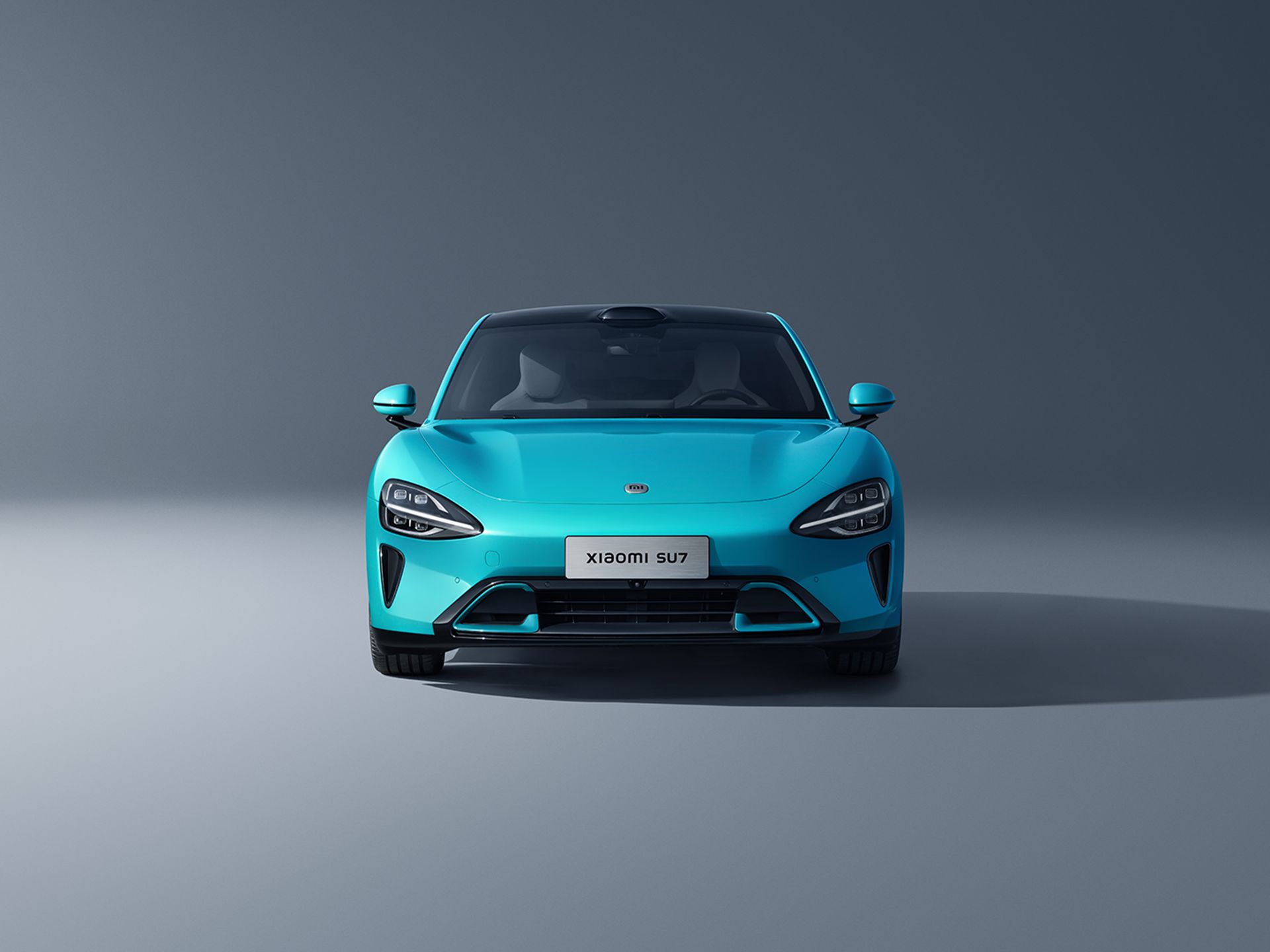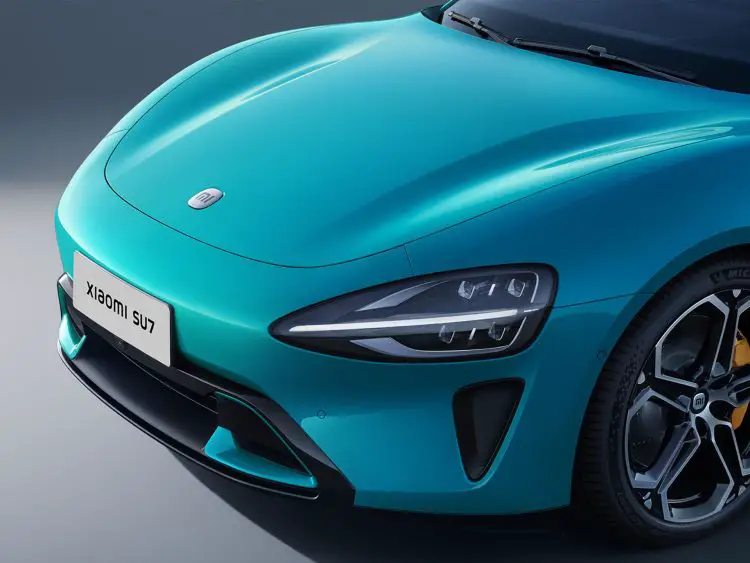After much anticipation, Xiaomi has officially unveiled its first-ever production electric car, the Xiaomi SU7, set to shake up China’s booming EV market.
This sleek sedan arrives in three distinct variants and a fresh palette of colors.
Let’s dive into the details of this exciting new entrant.
The SU7 ‘trinity’ offers options to suit your style
Xiaomi isn’t holding back with the SU7, offering consumers a compelling range of choices:
Xiaomi SU7 Standard
The entry-level Xiaomi SU7 caters to drivers seeking a balance of affordability and everyday practicality. Starting at 215,900 yuan (approximately US$29,900), it boasts a comfortable driving range that’s suitable for most urban commutes.
This makes the Standard SU7 an attractive option for budget-conscious buyers who want to experience the thrill of electric driving without breaking the bank.
Xiaomi SU7 Pro
Upshifting the Experience The Xiaomi SU7 Pro takes things up a notch for drivers who crave a more spirited electric driving experience. Equipped with an 800V architecture, the Pro variant boasts significantly faster charging times compared to the Standard model.
This translates to less time spent tethered to a charging station and more time spent enjoying the open road. The Pro variant is priced at 245,900 yuan, making it a compelling option for those who want a balance of performance, range, and affordability. This price positioning also keeps it competitive with Tesla’s Model 3 in China, offering a tempting alternative for potential Tesla buyers.

Xiaomi SU7 Max
The range-topping Xiaomi SU7 Max aims to push the boundaries of performance. Loaded with a larger 101 kWh CATL Qilin battery, it offers a hefty 800 km (516 mi) CLTC range.
The Max’s headline-grabbing feature is its ability to recoup a staggering 510 km (317 mi) of range in just 15 minutes of charging. For those seeking both extended range and exhilarating speed, the Max delivers a 0-100 km/h (0-62 mph) sprint time of 2.78 seconds and a top speed of 265 km/h (165 mph).
Expect to pay 299,900 yuan (roughly US$41,500) for Xiaomi’s flagship EV.
Style beyond performance
Xiaomi has carefully crafted the Xiaomi SU7’s design with input from experienced auto-industry talent, including former designers from BMW and Mercedes-Benz. This collaborative effort is evident in the car’s elegant lines and sophisticated styling.
Beyond its exterior appeal, the Xiaomi SU7 aims to provide a tech-forward cabin experience with features like Apple CarPlay integration.
A helping hand, or hands-off? Your call
The SU7 demonstrates Xiaomi’s commitment to advanced driver-assistance systems (ADAS). Buyers can choose between two distinct ADAS packages:
- Xiaomi Pilot Pro: This system will likely draw comparisons to Tesla’s offering, providing essential driver-assistance functions.
- Xiaomi Pilot Max: Upgrading to this package unlocks lidar technology, enabling a greater level of driving automation.
Xiaomi is pushing hard for widespread availability of its City NOA (city-based pilot-assisted driving system), with a planned nationwide rollout in May.

Where and when?
Xiaomi is wasting no time in getting the Xiaomi SU7 into customers’ hands, with deliveries expected to commence in late April. Those eager to see the car in person can visit one of 59 stores across 29 Chinese cities where the SU7 is already on display.
The Xiaomi SU7 EV has the potential to be a significant contender in the Chinese EV market, a space rife with competition. Its blend of style, range variations, performance, and advanced technology will certainly attract the attention of EV buyers.
However, Xiaomi’s success in this venture is far from guaranteed. The company will need to overcome the challenges of establishing a strong sales and service network and proving itself in the long-term reliability and customer support departments – areas where newcomers often struggle compared to traditional automakers.
Only time will tell how Xiaomi’s EV gamble will play out, but with the SU7, the tech giant has certainly laid out a promising and intriguing opening hand.
Featured image credit: Xiaomi





